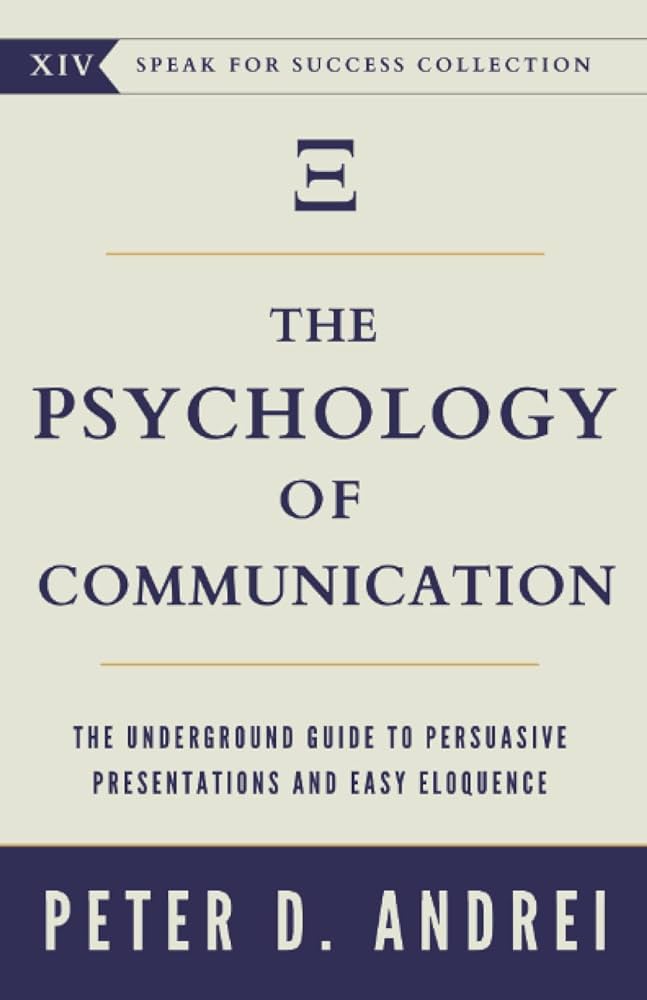Have you ever wondered why some people seem to effortlessly connect with others, while others struggle to make meaningful connections? It all comes down to the psychology of communication. As someone who has always been fascinated by human behavior, I have spent years studying this topic to understand how we can improve our ability to communicate effectively. In this blog post, I will share some valuable insights that I have gained along the way, which can help you achieve greater success in your personal and professional relationships.
One of the most important aspects of effective communication is the ability to listen actively. Too often, we are so eager to share our own thoughts and opinions that we forget the importance of truly hearing what the other person is saying. Active listening involves paying attention to not just the words being spoken, but also the tone, body language, and emotional cues. By demonstrating that you are fully present in the conversation, you not only make the other person feel valued and understood, but you also gain a deeper understanding of their perspective.
Another key aspect of communication is self-awareness. We all have our own communication style and preferences, and being aware of them can greatly enhance our ability to connect with others. Take some time to reflect on how you naturally communicate – are you more direct or indirect? Are you assertive or passive? Understanding your own style can help you adapt your communication to be more effective in different situations and with different individuals.
In addition to self-awareness, it is equally important to be aware of the person you are communicating with. Each individual has their own unique set of experiences, beliefs, and values that shape how they interpret and respond to communication. Being mindful of these differences can help you tailor your messages to resonate with the other person. For example, if you are communicating with someone who is highly detail-oriented, providing them with specific facts and figures may be more persuasive than relying on vague generalizations.
Non-verbal communication also plays a significant role in our overall message. Have you ever had a conversation where the words being spoken did not align with the speaker’s body language? This mismatch can create confusion and undermine the message being conveyed. Therefore, it is crucial to pay attention to your body language, facial expressions, and tone of voice. By ensuring that your non-verbal cues are consistent with your words, you can enhance your credibility and build trust with those you communicate with.
Building upon non-verbal communication, emotional intelligence is another key factor in successful communication. Emotional intelligence involves understanding and managing your own emotions, as well as recognizing and empathizing with the emotions of others. By being attuned to the emotional climate of a conversation, you can respond in ways that foster understanding and connection rather than causing tension or misunderstanding. Empathy, in particular, is a powerful tool for effective communication as it allows us to truly step into the shoes of another person and acknowledge their feelings.
Lastly, it is important to remember that effective communication is a two-way street. It requires not only conveying our own messages clearly and skillfully but also actively encouraging and inviting the other person to share their thoughts and feelings. This can be done through open-ended questions, paraphrasing, and giving the other person space to express themselves without interruption. By creating an environment that promotes dialogue and understanding, you can foster healthy and productive communication.
In conclusion, the psychology of communication plays a fundamental role in our ability to connect with others and achieve success in our relationships. Active listening, self-awareness, understanding others, non-verbal communication, emotional intelligence, and creating a dialogue are all essential elements of effective communication. By incorporating these insights into your daily interactions, you can enhance your communication skills and build stronger connections with those around you. So, let’s embark on this journey of improving our communication and unlock the doors to deeper understanding and more meaningful relationships.
